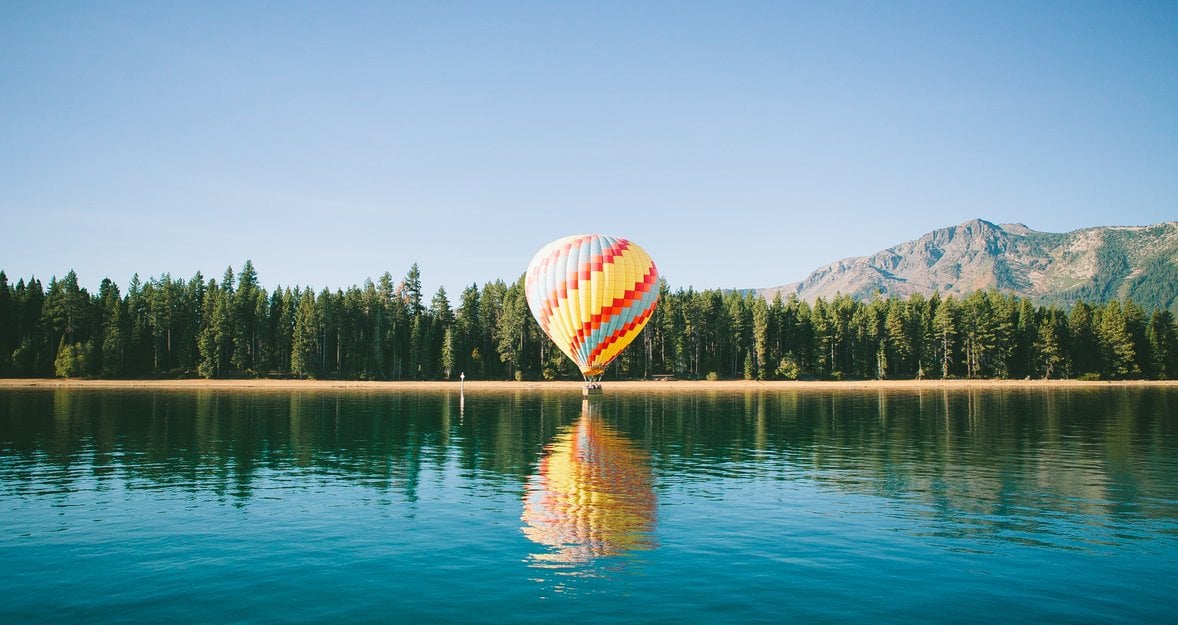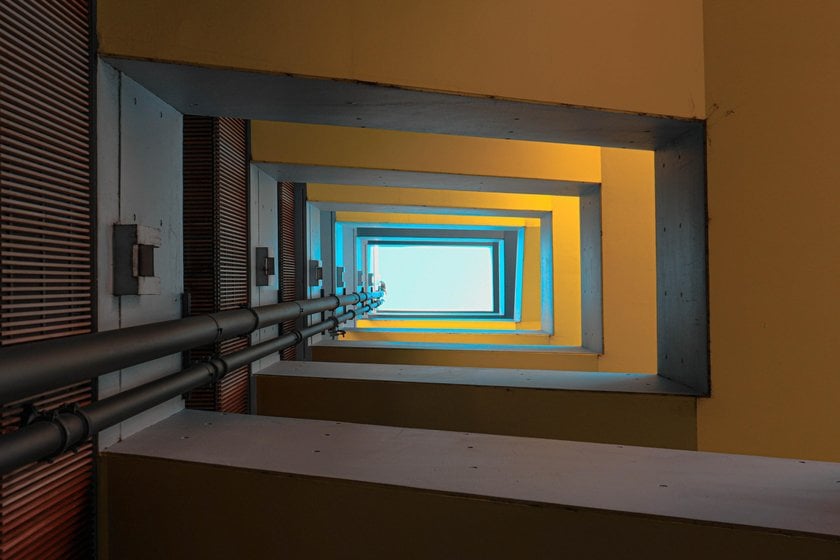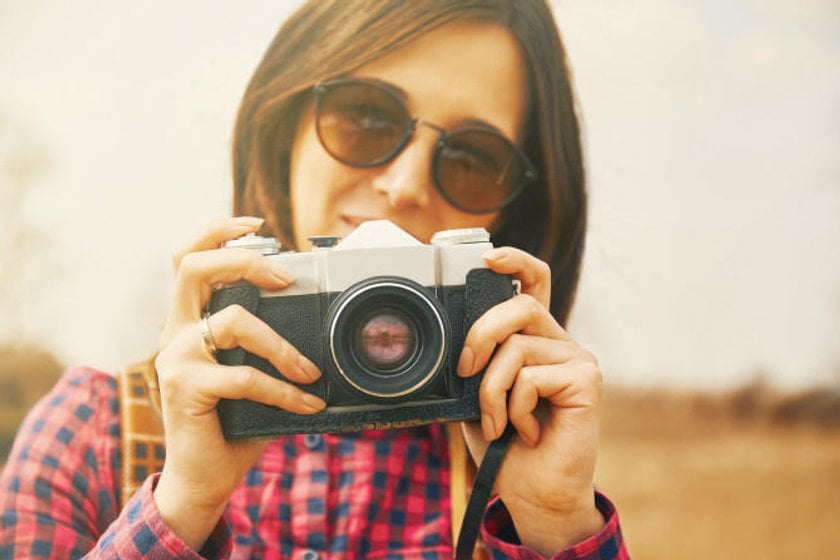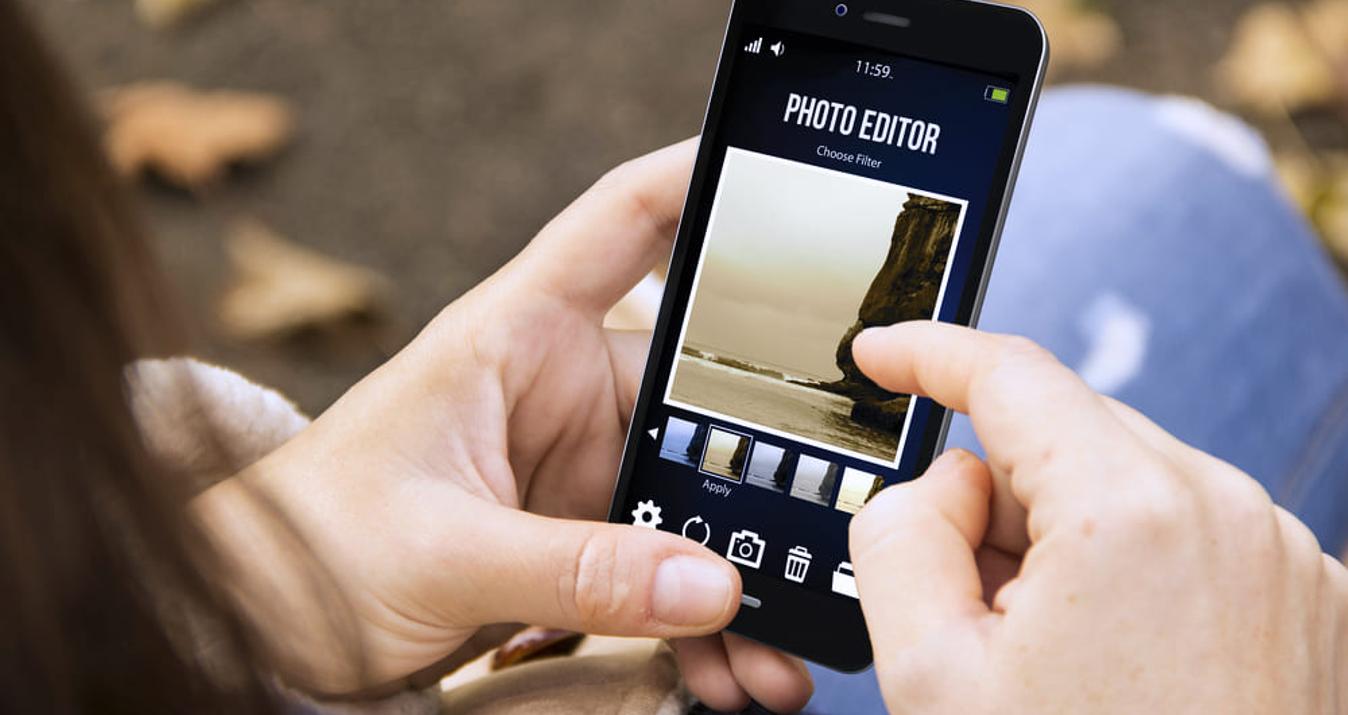Focal Point in Photography Composition
July 11, 2024

In this article, we’ll cover different aspects of focal points in photography composition — from colors and contrast to sharpness and depth of field. We'll explain everything you need to know about emphasis in focal point photography.
Before you start practicing, it's imperative to find out what is a focal point in photography. Let's start there.
A focal point is the element in an image or work of art that draws the viewer's attention, acting as the central focus of interest. In the realm of fine art, the focal point is defined as a point of interest that makes a work of art unique. In photographic terms, a focal point can broadly be seen as a photographer’s point of view. The right choice has a huge impact on the entire composition because the viewer must see what the photographer is emphasizing and hold his breath. If you make mistakes and try to draw attention to the wrong part of the image, the whole impression will be ruined. What is in the center of the frame will be the focal point photography definition.
Think, for a moment, about how drastically different a photo can become depending upon what you choose to focus on. If you’re taking a portrait photo of a woman, you can focus on her earring, her hands, or her face — and each of these creative decisions will yield drastically different end results.

Focal points in photography composition are one of the aspects that draw your viewer into the photo — that intrigue — excite — and allow for interpretation. To put it simply, this is the center of interest in photography So, we’ve put together some tips and tricks to help you on your quest to understand this concept and to allow it to aid in your creation of beautiful images! And if you decide to emphasize some details of the image at the post-processing stage, use a photo editor.
Colors and Contrast
Focal points typically occur in the areas of the picture that have the highest contrast. Perhaps you’ve taken a photo of a snorkeler in clear waters — he’ll stand out against the water. Or a bright flower in an otherwise dull open field — that will stand out, too.
Photos can also have more than one focal point. Our eyes may be drawn to a larger subject (like a deep green cactus in desert landscape shot) but upon further investigation, we may notice a smaller secondary focal point that provides important details to the scene as well (like a person drinking water in the distance).
Colors also play a dramatic role in how focal points are perceived. If a stop sign is freshly painted in a thick coat of vibrant red, it’s going to stand out more than an old sign that’s a dull and somewhat muted red. Your setting and the objects of that setting can greatly alter and enhance your focal points.
Here's one important tip for beginners. Once you've learned to answer the question, “What are focal points?”, try using a contrast of just two colors. One will act as the background of the picture, and the other will be the bright spot to which viewers will pay attention. Such a trick is very easy to pull off at home. Take a small fruit basket and put green apples in it. After that, add red cherries.
The Photo Perspective Correction Tool You've Been Waiting For
UNLEASH!A vacation at the sea is another great way to achieve this contrast. Put some bright objects on the sand. It will become the main subject and the focal point of the camera. You can also always lighten up photos.

Sharpness and Depth of Field
Your focal point is your way of expressing what you are hoping to convey in your photo. This is the focal point definition in photography. It means that you have to place the subjects in such a way that they are clearly visible. Remember that they are all part of the scene. As such, the focal point tends to be sharp and clear. Think, for example, if you are taking a photo of a brick building with a yellow door and a dumpster in the corner. If you want the yellow door to be your point of focus and to help you create your concept, you want to make sure that door is clear (rather than, say, having the trash in the dumpster be clear). You can always improve the image quality with the AI image sharpening.

With regards to depth of field, a limited depth of field will put an emphasis on your focal point. In comparison, if your photo is the same from the foreground to the background, your focal point will be less noticeable. The f/4 depth of field is optimal for you. This way you can show the chosen focal point on images.
Experimenting with Focal Points
If you want to experiment with creating your own focal points, try isolating your subject. Keep things simple and uncluttered so that your focal point of choice has the viewer’s undivided attention. Play with colors, like we mentioned above. For example, a bright coral pineapple print pillow on a white couch will stand out more than a cream-colored pillow on that same white couch.
Here are a few more tips:
- When it comes to portraits, the best thing to do is draw eyes. However, if you choose another body part as the focal point in pictures, then don't be afraid to experiment!
- Choose several points at once. This technique is especially popular in street photography. The idea is to mark one most important point, and then several others that will guide the viewer's eyes.
- Don't forget that you can place your subjects in different places to pick a great focal point in photography.
To improve your results, you can use the AI image editor.

Advanced yet easy-to-use photo editor
Get Luminar Neo NowThe Rule of Thirds
Keeping the rule of thirds in mind is good when it comes to experimenting with focal points, too. If you aren’t familiar, don’t fear! It’s a very simple concept that consists of placing your main subject somewhere near the lower, upper, left, or right third of your photo scene. In short, the rule of thirds is based on the fact that you are visually present two horizontal and two vertical lines, and between these leading lines of the grid place the subject. As you do this, your subject will become the focal point.
So, as with many aspects of photography, the focal point in photography composition has a lot to do with your own particularly unique view as the photographer.

What is it that you hope to convey? What do you want your photo, or your subject, to represent to the viewer and their perception of your artwork?
If there is something unnecessary in your picture, use a special tool that will help you remove an item from a photo.
Enhancing Composition Skills with Luminar Neo
The quality and impact of your photos can be substantially increased by honing your compositional techniques. However, achieving a clean and impactful composition is often challenging, especially for beginners who might struggle with removing distractions from the frame. To help hone these skills, using a sophisticated photo editor like Luminar Neo can be very beneficial.
Luminar Neo's Composition AI tool is particularly noteworthy for those looking to improve their composition techniques. This feature intelligently analyzes your photos and suggests optimal cropping and framing, helping you achieve a balanced and impactful composition. It considers elements like the rule of thirds, leading lines, and symmetry to guide you in framing your shot perfectly. This not only simplifies the process of improving composition but also educates users on compositional best practices.
AI tools make it easy to create your own art. Use Composition AI and Sharpen AI tools to frame and enhance the clarity of your selected focal points without overprocessing the entire image. This ensures that the main subjects stand out clearly, helping convey your intended message or theme effectively.
Conclusion
In the end, the focal point as it relates to composition is up to your mind, your eye, your actions, and your vision.
From all of us at Machpun, enjoy the experiment and as always, have fun! And be sure to explore our tool that will help denoise images. Believe us, it will be useful.
FAQ
What Is the Focal Point in Photography?
This is the most important part of the image. It is this point that allows the viewer to see exactly what the photographer wanted to show and captures his attention.
Why Is Focal Point Important?
If the focal point is set incorrectly, the entire composition will be broken, because the viewer's gaze will fall on random elements.
Should Your Photos Have a Focal Point?
Yes, of course. Without it, the picture won't have a clear accent, so you have to decide what will be the main element while you are still composing.
What is the difference between a focal point and a center of interest in a photograph?
The center of interest is the primary subject or concept in a photograph that engages the viewer’s mind and emotions. The focal point, on the other hand, is the specific area or detail within the image that naturally draws the viewer's eye, often due to sharpness, contrast, or positioning.





